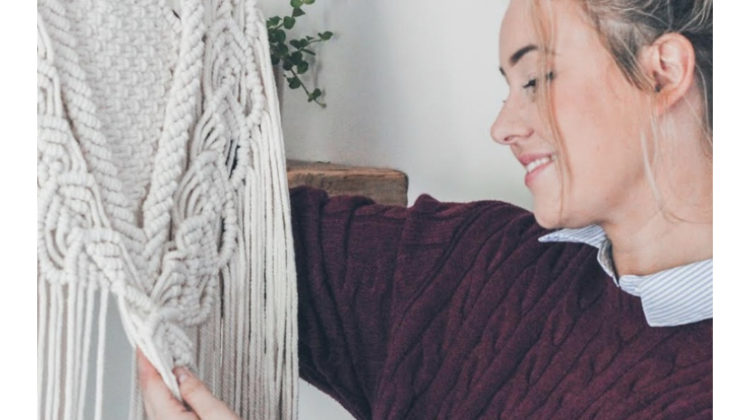
Recycle Week is taking placing this week, with the focus on making sure we are recycling correctly – and all playing our part in helping to preserve the planet. Some small business owners, who have recycling at the heart of what they do, offer these timely messages
Gem Spalding, of Piglet & Chestnut – eco-friendly macrame and art:
Eco friendly, sustainable and environmentally friendly are now fashionable terms to use in business. But they shouldn’t be. Fashionable implies that at some point they will be ‘out’, yet it is crucial they stay in. Nevertheless, being fashionable does carry some benefits. It has launched the protection and preservation of our environment into centre stage, applying significant pressure to companies who previously had churned out thousands, millions of tonnes of single use plastic, into sourcing more sustainable alternatives. For small businesses it has helped push eco-friendly materials and packaging into being more affordable and available, and below are some easy switches to make, that we have made at Piglet and Chestnut:
Paper tape – I use Amelia Lane
Tissue paper in packaging (but make sure this is acid free in order to be recyclable) – I use Inside My Nest
Signing up to ‘tree planting’ schemes to help offset CO2 emissions from posting nationally and internationally – I use Tree App
Locally sourced materials (where possible!) or sustainable/recycled alternatives – I use Bobbiny and Land of Rope and Glory for my cottons
Paper based stickers – and check the inks used are organically made (I regularly change supplier for these)
Often making these changes come at a price, so be sure to absorb the costs in your RRP for products – as a customer I am happy to pay a premium price for an eco-friendly product, and lots of other people will be too!
Louise Frere-Smith, of Mizu·Usagi – sustainable brand selling a curated collection of handmade Japanese inspired goods, based in St Augustine Street, Norwich:

Mizu-usagi was born in Tokyo, Japan – the land of ‘mottainai’. This is a word that cannot be easily translated but has some colloquial equivalents such as “What a waste” and “Waste not, want not”. Everyday usage of ‘mottainai’ is directly tied to the Buddhist concept of regret over squandering or misusing material objects or other resources.
The textiles I use are mostly from Japanese kimonos and Obis so because they are so precious not only in design but also in history, I cannot bare to waste a single scrap. So as a brand my goal is zero waste therefore using all the fabric in as many creative and practical ways as possible is at the heart of my business, bringing new life to sometimes neglected and unused items.
In daily life I have recycled and upcycled for most of my life for different reasons financial, creative, necessity and more recently for sustainable and environmental reasons.
What do I do, I mostly buy used furniture and things for the home. My wardrobe is a mix of second-hand, hand-me-downs and new. I never waste food. I regard this as a sin. I reuse/keep glass jars and bottles etc, and I cut up old tea towels and make them into cleaning clothes. Pot planters, vases and some tableware I buy from the second-hand shops or markets, too. Packaging, tissue paper for wrapping and ribbons I always keep and re-use. The list is endless. It runs through every aspect of my life and the business. Basically, I always think twice before discarding something, I always think of how this item can be re-used, recycled or upcycled before it goes in the bin.
Maria Thornberg, Founder of Re-Do Norfolk CIC – which stands for Recycle – Educate – Develop – Organise:

Recycling is at the very core of Re-Do Norfolk CIC. Our vision is a world where everyone and everything gets a second chance and would that not be beautiful! Before you call us naïve: we know that the road is long and that it won’t always be easy, but just over one year in ReDo have saved literally tonnes from being wasted. This with five individuals doing what we can between other jobs. Imagine what we could do if we were more! We believe that being good should be easy and that is how we work. Bringing back jumble sales, finding solutions for waste and connecting people. Are you with us?
Kayleigh Jowers, of Suffolk-based Little Green Lung – recycled, biodegradable, compostable plant gifts:
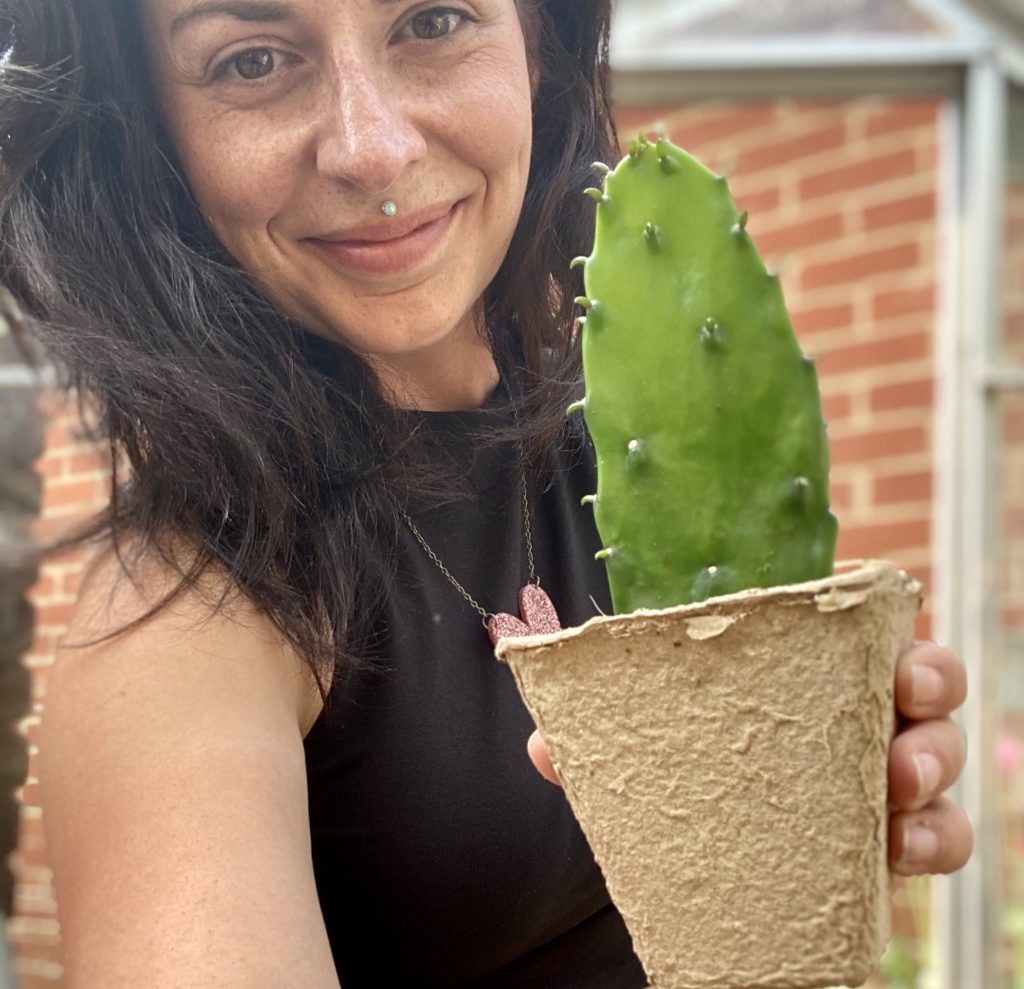
Recycle Week is a great way to bring recycling to the forefront of our minds, although I think it’s obvious to say this should be something we put into practise every week. It is important to recycle but even more importantly we need to ‘reuse’ and use items which are completely biodegradable in a reasonable amount of time. Recycling in practice is good, however the processes use an incredible amount of energy which can be harmful to the environment and have a high carbon footprint.
As a business I ‘reuse’ as much material as possible, including cans and packaging. My stickers are also 100% biodegradable by a company called ‘Sticker it’ biodegradable paper stickers.
It is really important to do the research and look behind the labels of ‘recycled, compostable & biodegradable’ as many products state they are, are in fact not. For example, there are several packaging companies that state all of their products are 100% biodegradable, however, they are unable to say how long it takes for the products to bio degrade. The same goes for compostables, many products will only compost in a commercial composter which many councils do not have.
A reputable company will be able to tell you how long it takes their product to biodegrade if they are stating their product is biodegradable. The point being some materials are biodegradable, but it can take hundreds of years to do so which isn’t great.
One last point as a business is to research your waste remover. There are several removers that do not recycle, we spend a lot of time separating our plastics and cardboard for them to burn or toss into landfill.
Donna Duncan, of Gorse + Elder – herbal tea and self-care gift business based in Felixstowe:

It’s national Recycle Week – here are some of the ways we recycle at Gorse + Elder:
Packaging and Cushioning – We use cardboard boxes to ship our orders, filled with or wood wool, it smells lovely. Both can reused, composted or recycled.
Storage – We store all our herbs in glass jars. Lidl’s honey & Sainsbury’s beetroot jars are our favourites!
Drying – We use repurposed paper bags when drying our herbs & flowers in our drying shed on Tiny Herb Farm.
Composting – We keep a small bucket by our sink for our loose herbal tea herbs, eggshells & veggie scraps.
Jack Raven is on the Net Zero Leiston team – which aims to turn the Suffolk town carbon neutral:

For Net Zero Leiston we have been trying to promote WHY people and businesses should recycle and helpful information to help them to do so. There is a lot of misunderstanding about what can and cannot be recycled, and it can cause problems at the recycling centre. If people recycle effectively, it can save money, cut carbon and is ultimately better for the environment!
To find out more about Recycle Week visit www.recyclenow.org.uk/RecycleWeek. For some tips on reducing your waste go to: https://www.norfolk.gov.uk/rubbish-recycling-and-planning/rubbish-and-recycling/reduce-your-waste. To find out more about recycling in Suffolk visit www.suffolkrecycling.org.uk
Featured image: Gem Spalding, Piglet & Chestnut

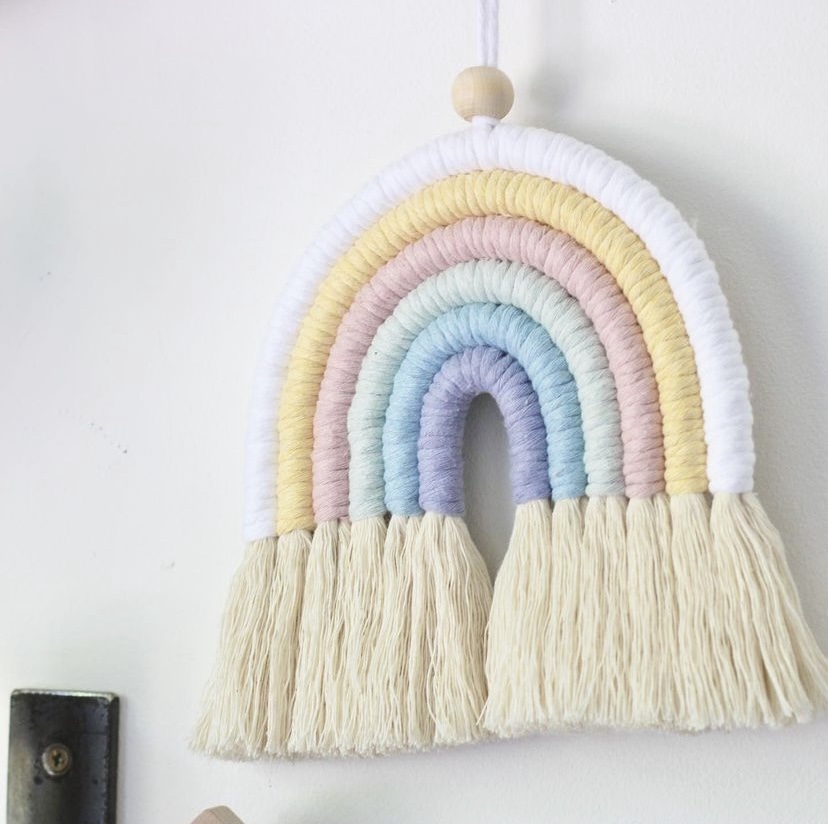






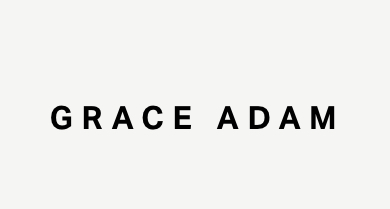



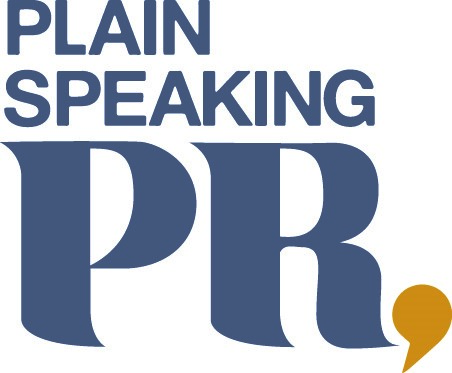
Leave a Reply